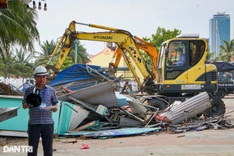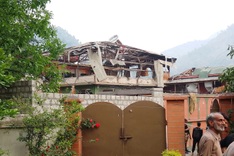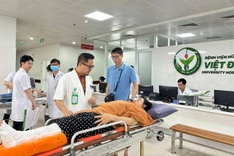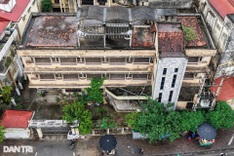A surge in dengue fever cases across Vietnam has led to several fatalities, health officials warned.
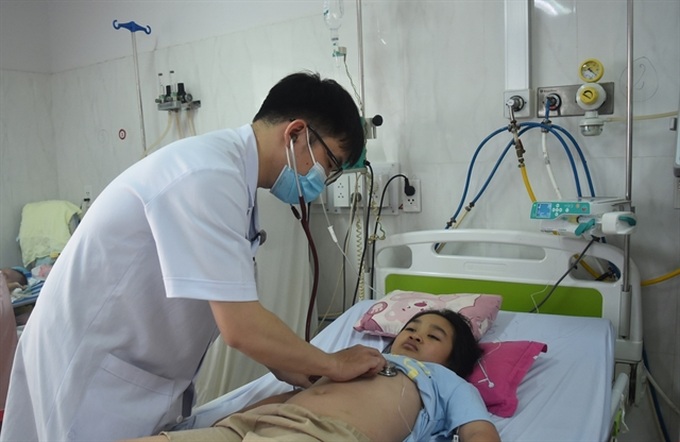
With nearly 53,000 cases reported nationwide since the beginning of the year, authorities are grappling with a more severe outbreak compared to previous years.
The situation has been particularly dire in certain regions. The Central Highlands province of Đắk Lắk has seen a sharp increase in cases since late July, with more than 1,400 infections reported.
An 11-year-old boy in Buôn Ma Thuột City became the first dengue-related death in the province this year. The boy's rapid deterioration of health despite medical intervention highlights the potential dangers of severe dengue.
In the northern city Hải Phòng, another fatality was attributed to dengue shock.
Hospitals in major cities, including Hanoi's Bạch Mai Hospital, are overwhelmed with severe cases.
Đỗ Duy Cường, Director of the Bạch Mai Hospital's Tropical Diseases Centre, said what is alarming this year is the early onset and increased severity of cases, particularly in northern provinces such as Hải Phòng, Hải Dương, Thái Bình.
He explains that dengue typically progresses through three distinct phases: fever, danger and recovery. It's during the the danger phase, which occurs after the fever subsides, that patients are most at risk.
"Patients may appear to be improving during the danger phase, but without proper hydration, they can experience life-threatening complications," said Cường.
Hà Huy Tình, Deputy Head of the Infectious Diseases Department at Đống Đa General Hospital, warned that many patients mistakenly believe they are in the clear once the fever breaks.
"But with dengue, the period after the fever breaks is actually the most critical," said Tình.
He expressed concerns over people's tendency to self-medicate with high doses of fever-reducing drugs, which can lead to severe complications like liver and kidney failure.
He urged anyone with suspected dengue fever to seek professional medical evaluation and avoid self-treatment. Early diagnosis and proper management are crucial for preventing complications and ensuring a safe recovery.
The aedes aegypti mosquito, the primary carrier of dengue fever, thrives in urban environments, breeding in stagnant water sources near human habitation.
Health officials are urging residents to take proactive measures to eliminate mosquito breeding grounds by clearing dark, damp areas and removing any standing water.
They also recommend using insecticides, mosquito repellents and installing window screens and sleeping under bed nets to reduce the risk of transmission further.

